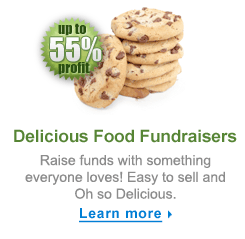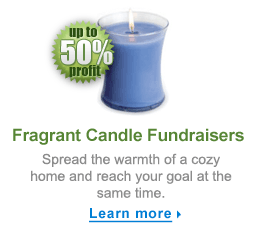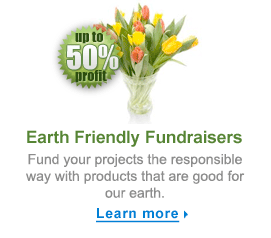Sending your thanks to people who have helped with a fundraising campaign, including volunteers, staff and donors, is very important.
Marc Pitman also advises us to be attentive and listen to what supporters say. How you respond or don’t respond to them can unintentionally communicate negative messages to them.
Just taking money without thanking donors and or letting them know how their gift was used speaks very loudly that you’re more interested in their cash then in them.
Sending your letters 6-8 weeks after a gift comes in let’s donors know you’re not very interested in them too.
Doing nothing about an issue even after people have complained about it or questioned it repeatedly, not even developing a succinct explanation for why it is done that way, speaks volumes too!
Read more of Marc’s thoughts on his blog post: What are you saying?!
Here are a few tips for thanking donors:
- Pencil in thank you activities on your calendar ahead of time. If you have just a one on one meeting with someone, make it a habit to send a note the same day. For special events, put your thank you note writing on the calendar for two days after the event (one day for a breather!)
- In addition to personal thank you calls, notes and/or letters, include acknowledgements for major gifts, volunteers who went the “extra mile,” and event organizers in your regular newsletter.
- Respect your donors wishes. For example, if they wish to a gift to be anonymous keep it that way. Just thank them in private.
- Make thank you letters specific to the campaign or project that someone gave to.
- Automate thank you letter process as much as possible using your database capacities and/or mail merges
- Delegate tasks when possible. For example, the director can write up several versions of a thank you letter for common giving situations. Another staff member or volunteer can be charged with running the mail merge and printing the letters. Then the director can review and sign.
Having an open line of communication between non profit leaders and donors is vitally important. Remember to thank early and often, practice active listening and follow up when people provide feedback.








